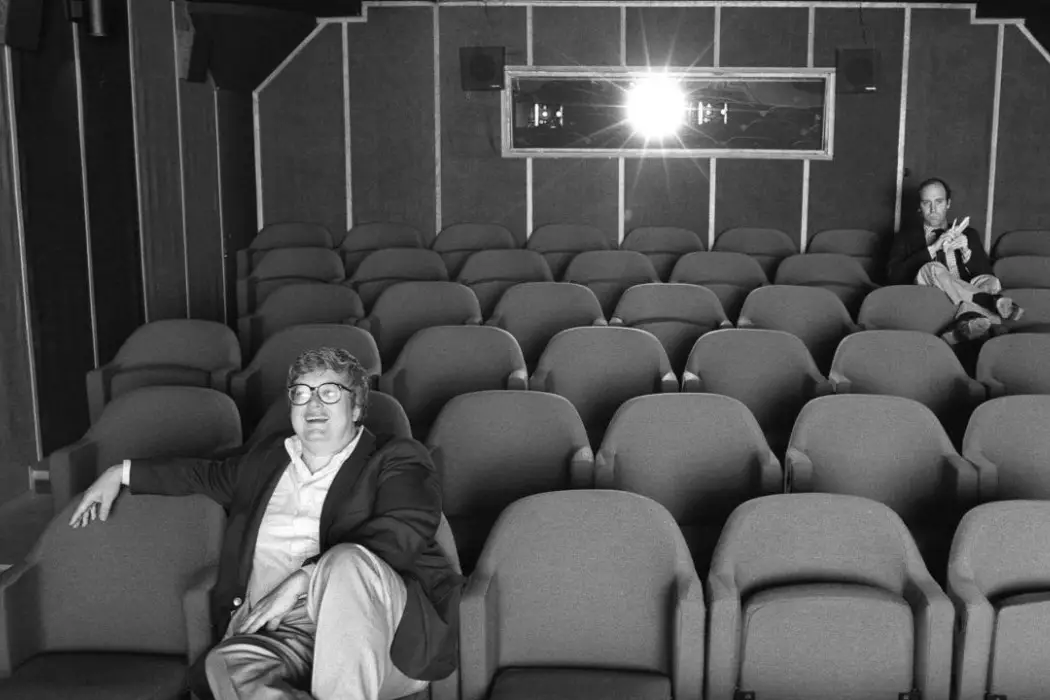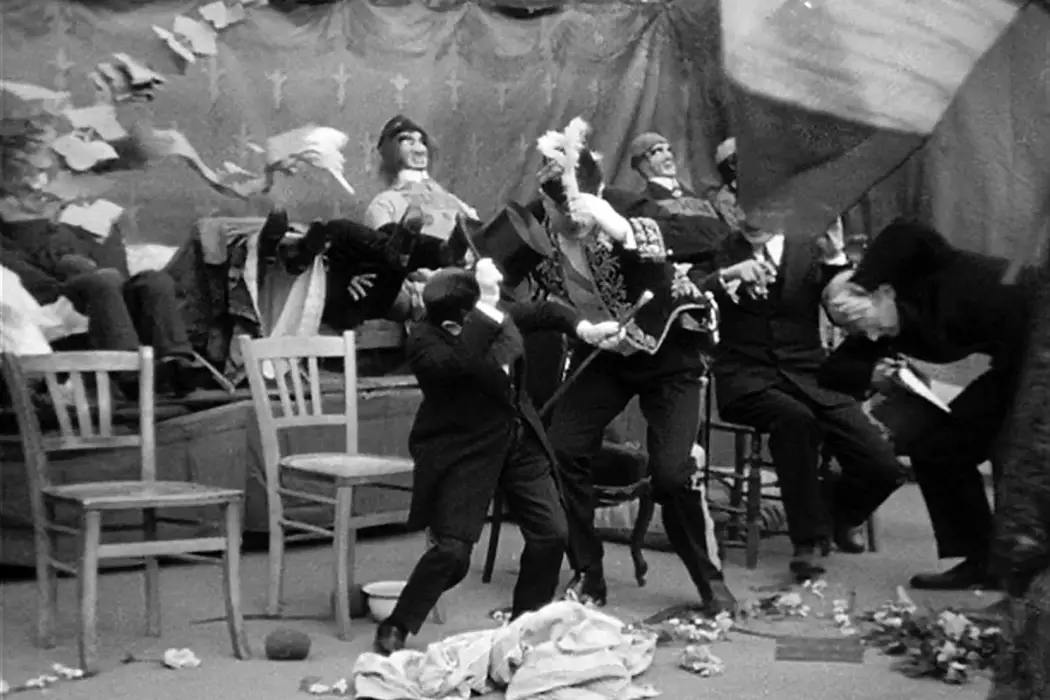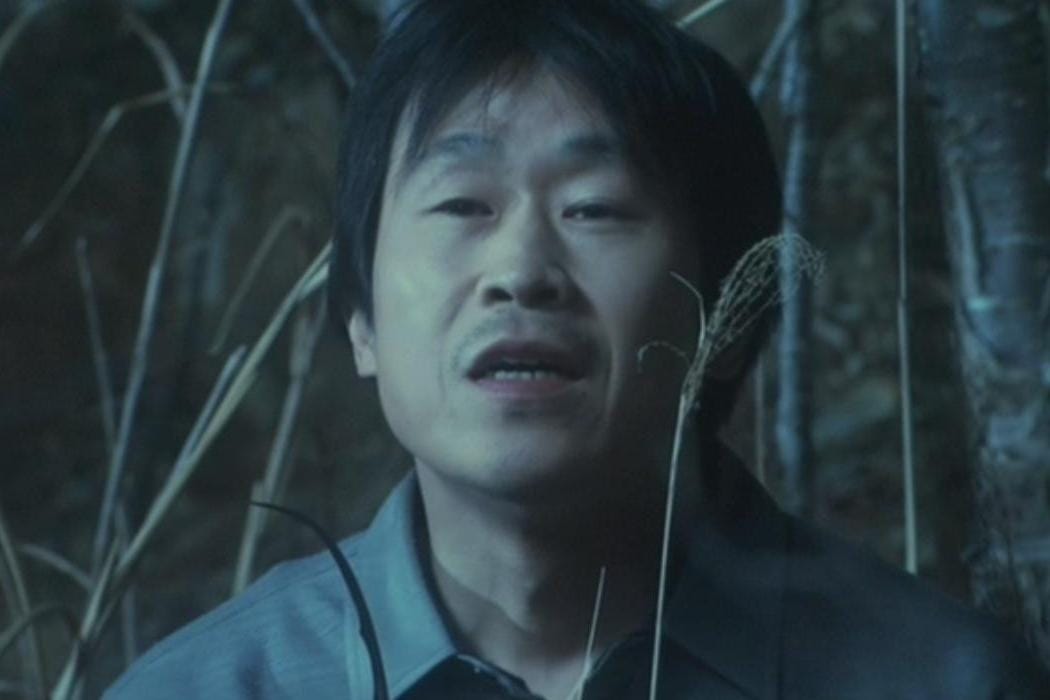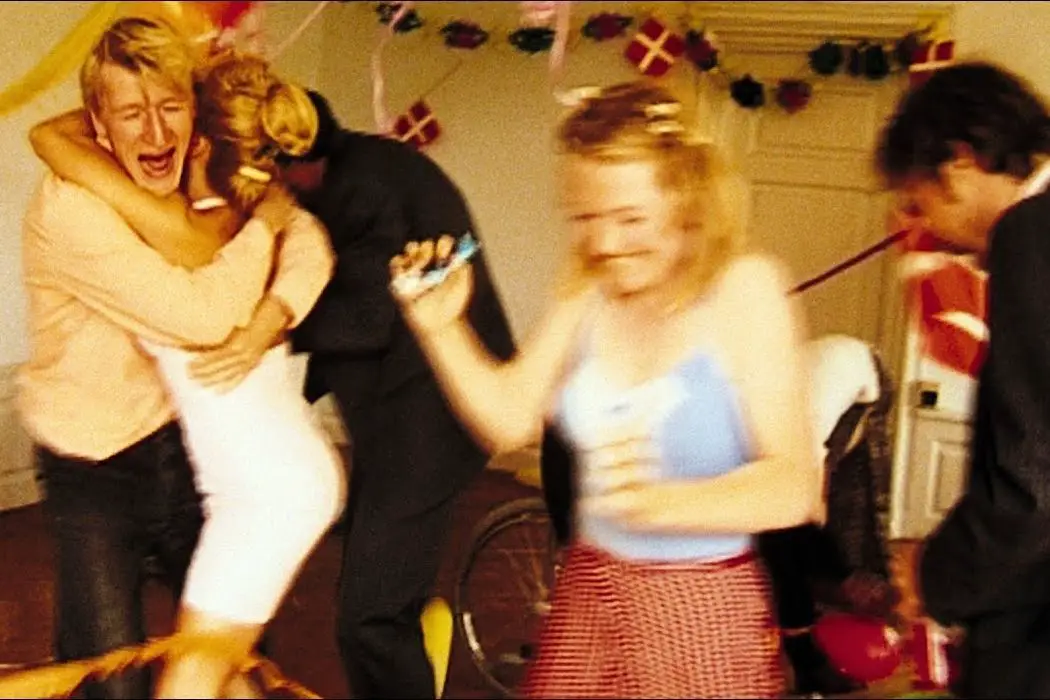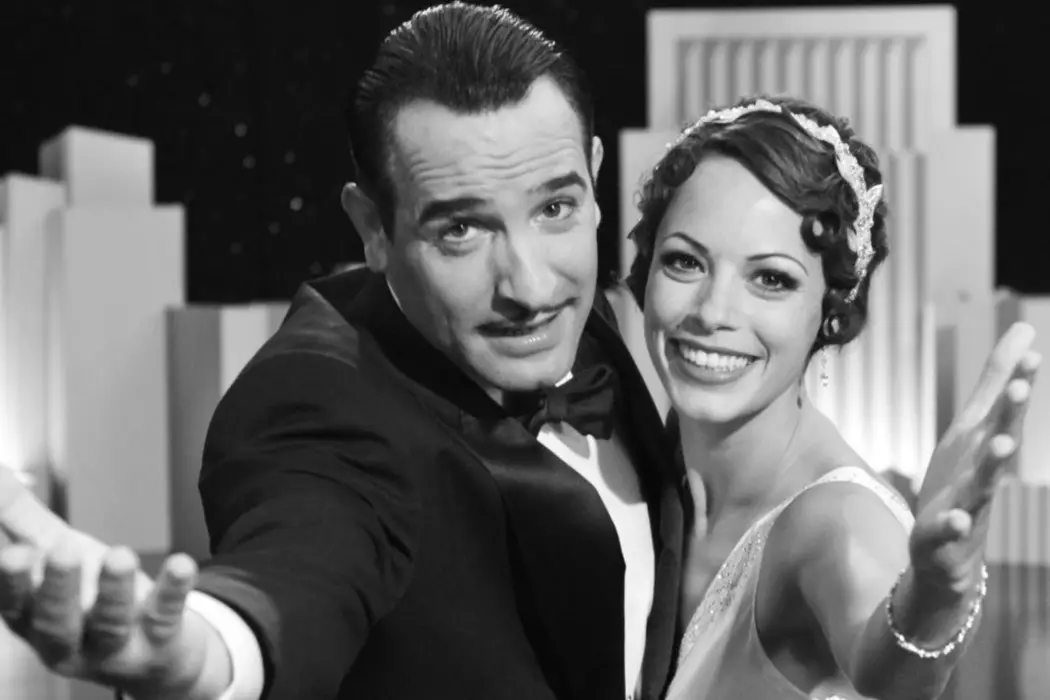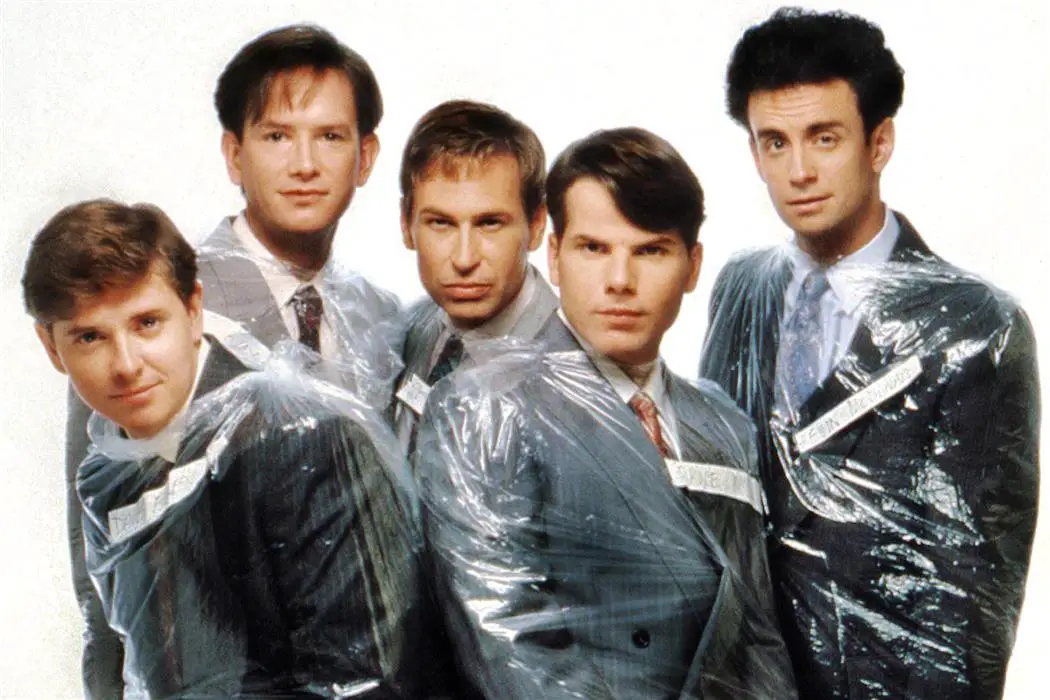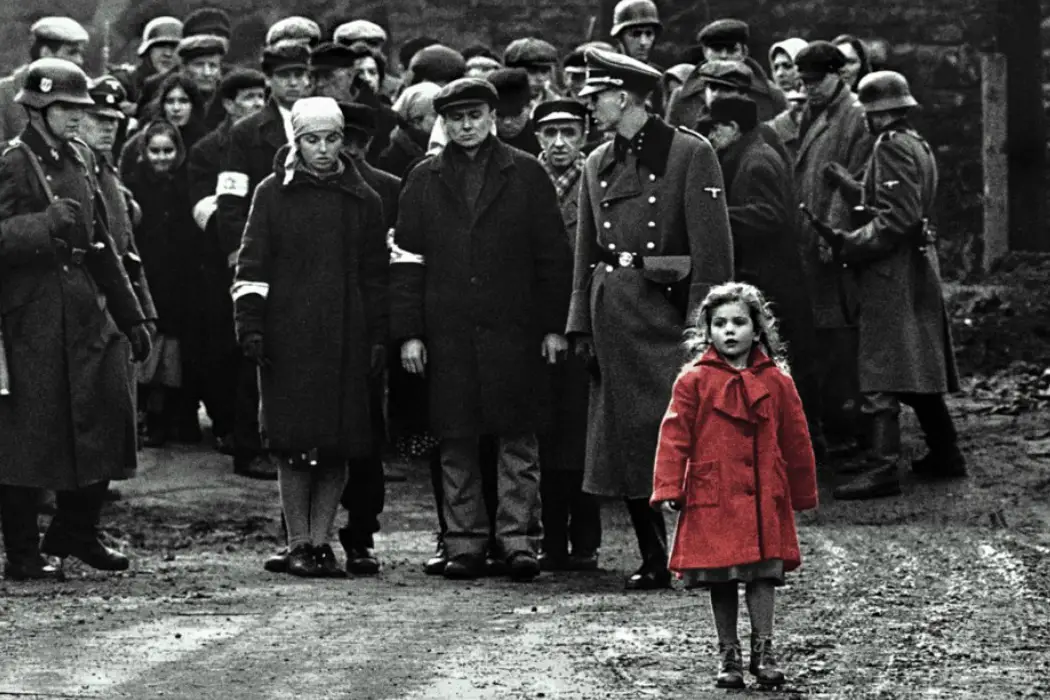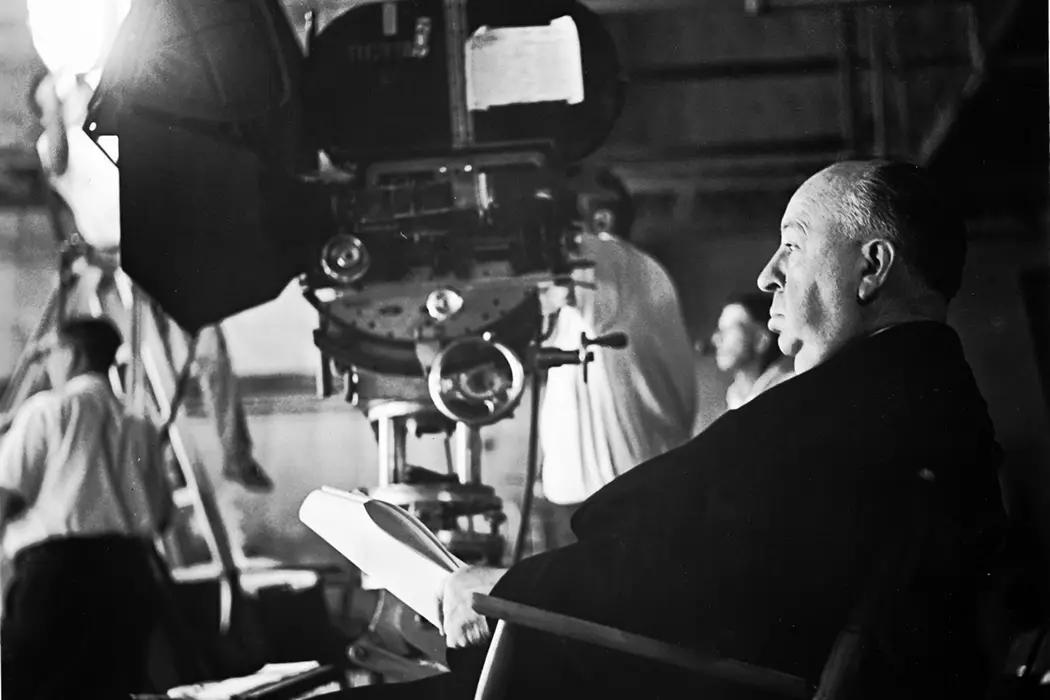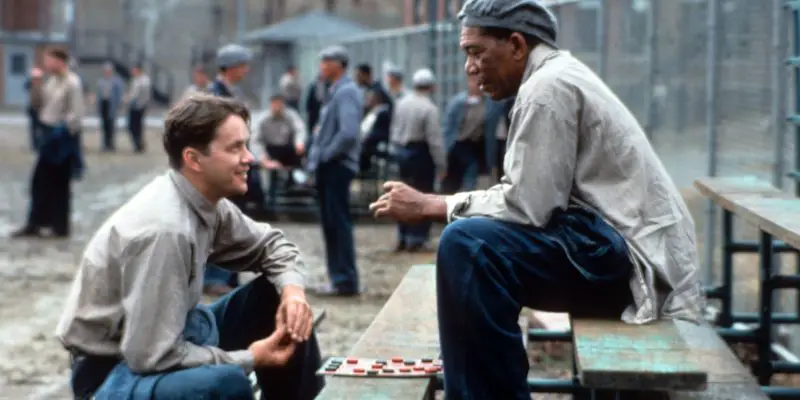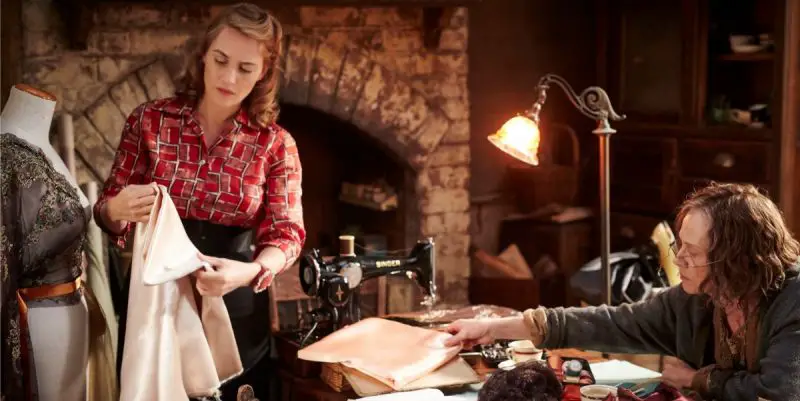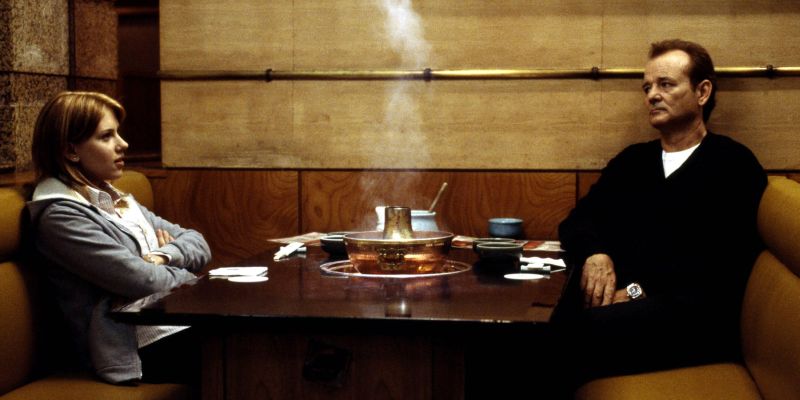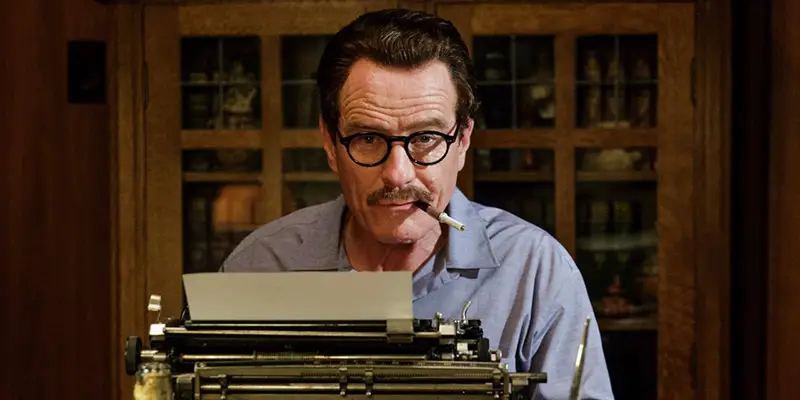Film Theory
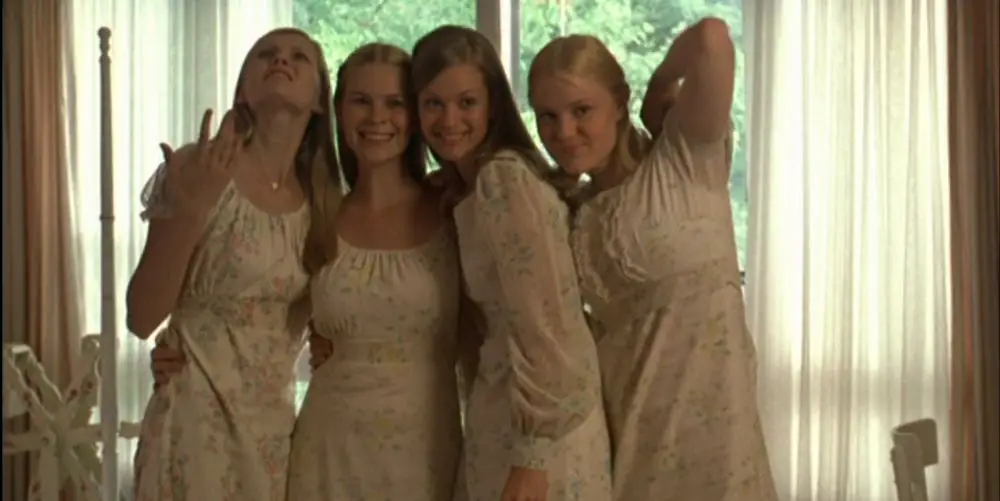
Last month it was announced that Kirsten Dunst, in her directorial debut, will be directing Dakota Fanning in an adaptation of Sylvia Plath’s The Bell Jar. In an interview, Dunst has noted that her approach in adapting the seminal text has been to avoid the ‘didactic’ and instead ‘make a life of something … you really need to make your own scenes up’. Such an approach, while entirely refreshing for me, is one that regularly receives criticism from those that view the source text as somehow sacred, and thus static and intractable.
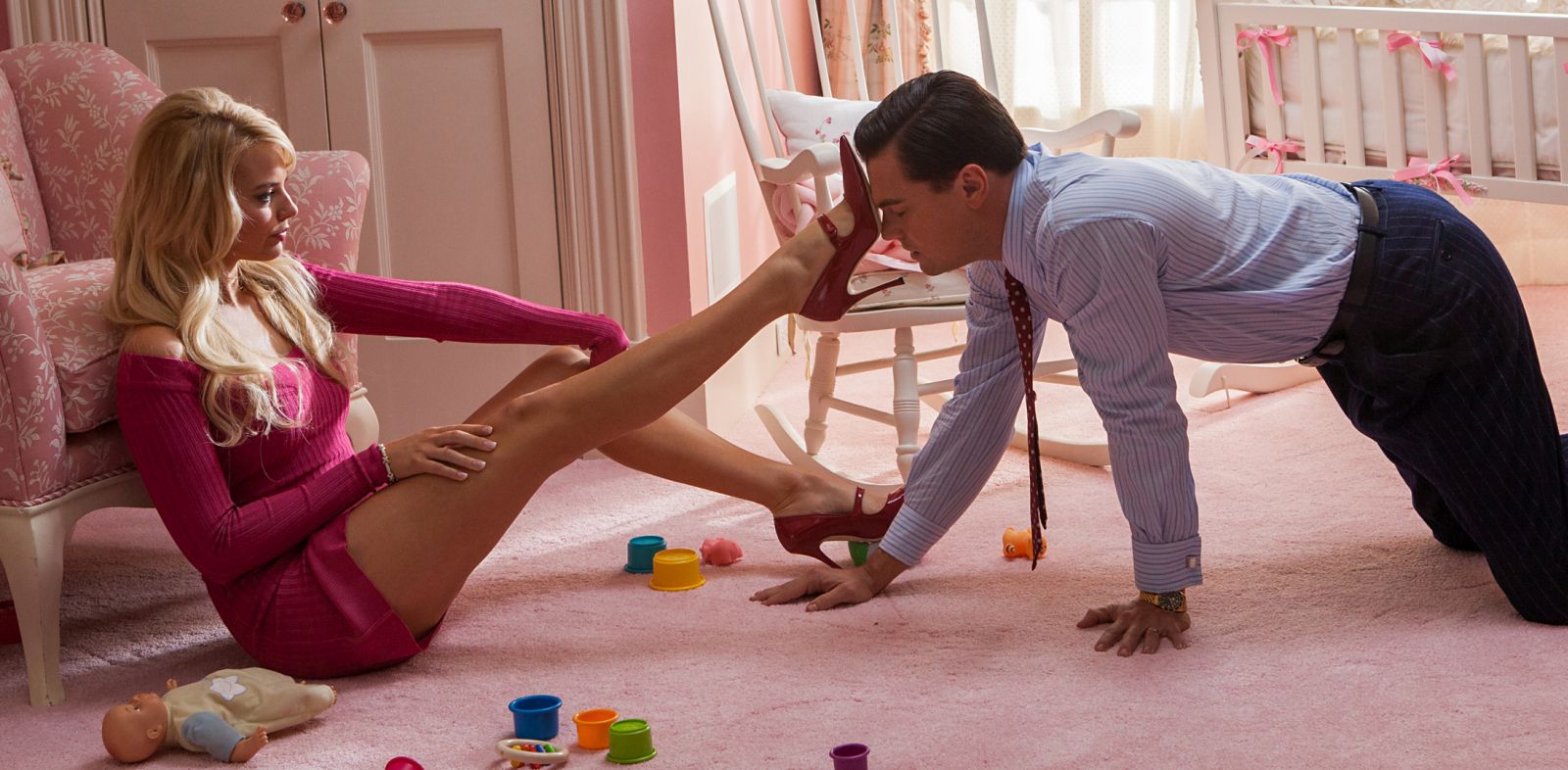
Laura Mulvey is a feminist film theorist from Britain, best known for her essay on Visual Pleasure and Narrative Cinema. Her theories are influenced by the likes of Sigmund Freud and Jacques Lacan (by using their ideologies as “political weapons”) whilst also including psychoanalysis and feminism in her works. Mulvey is predominantly known for her theory regarding sexual objectification on women in the media, more commonly known as The Male Gaze” theory.



